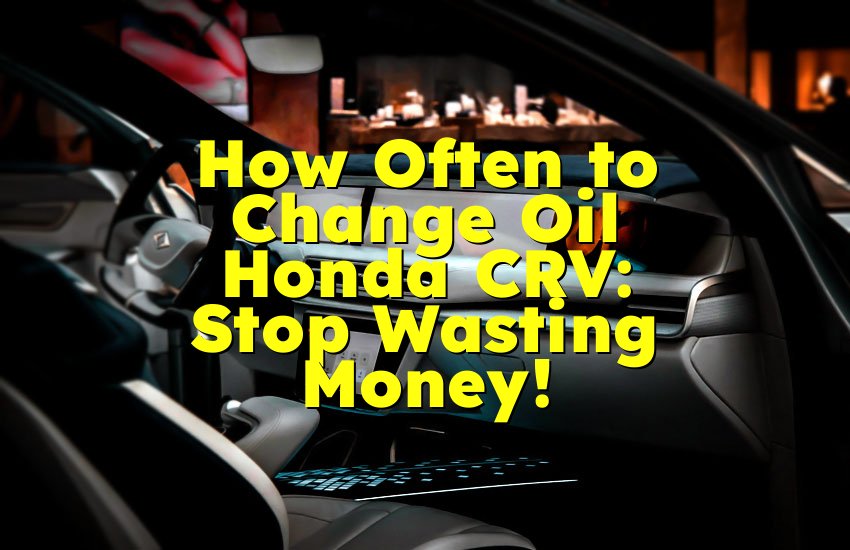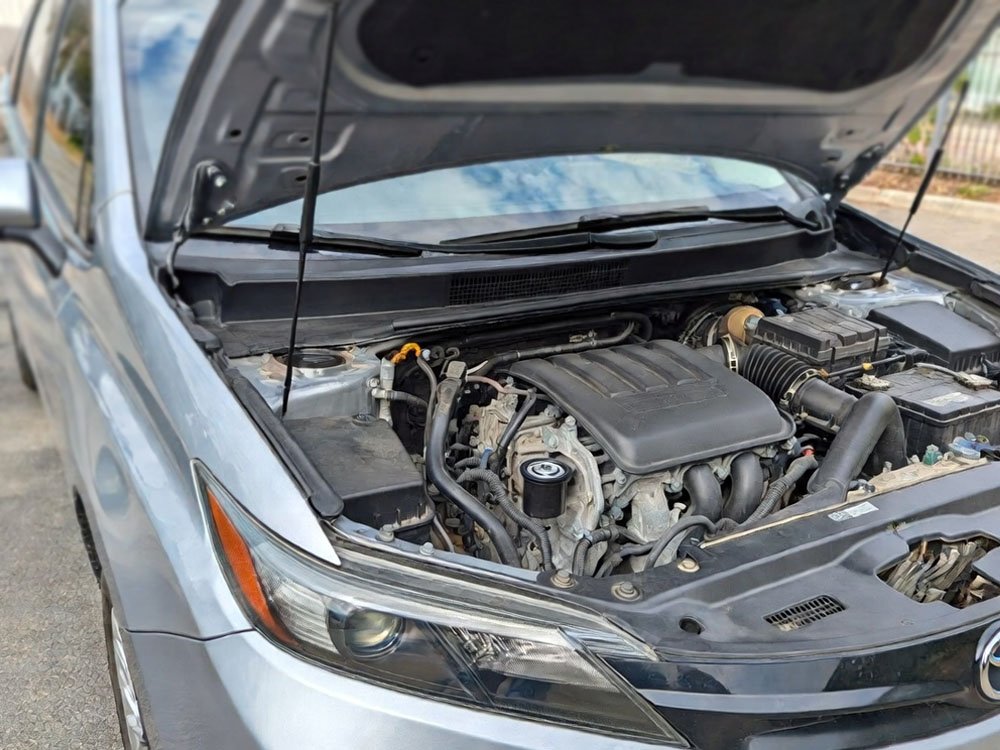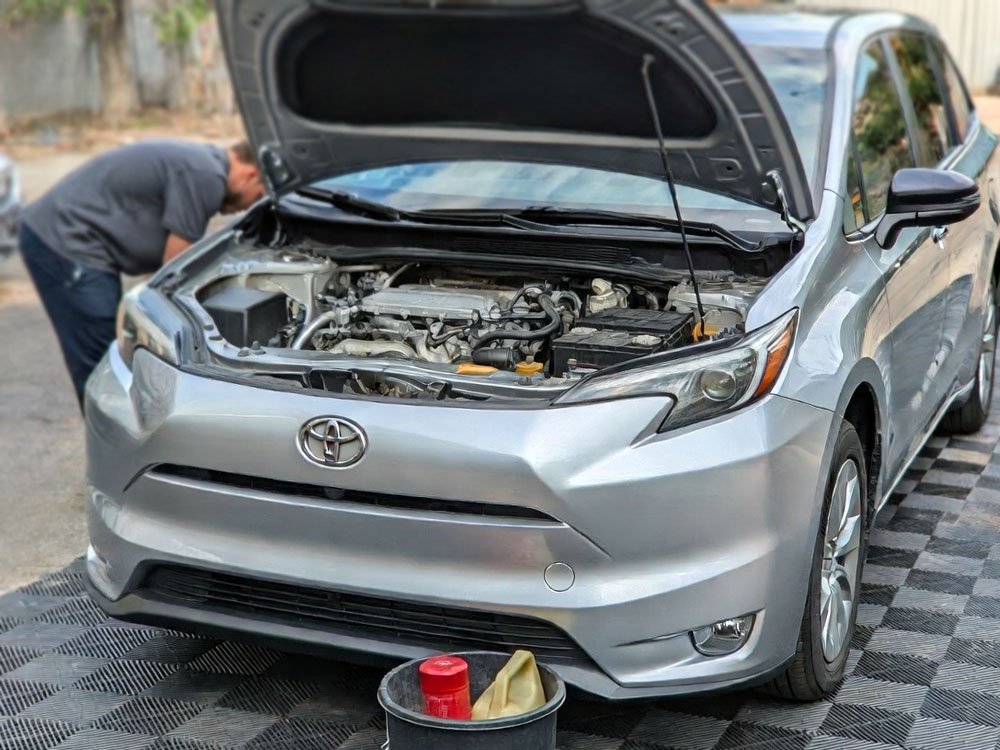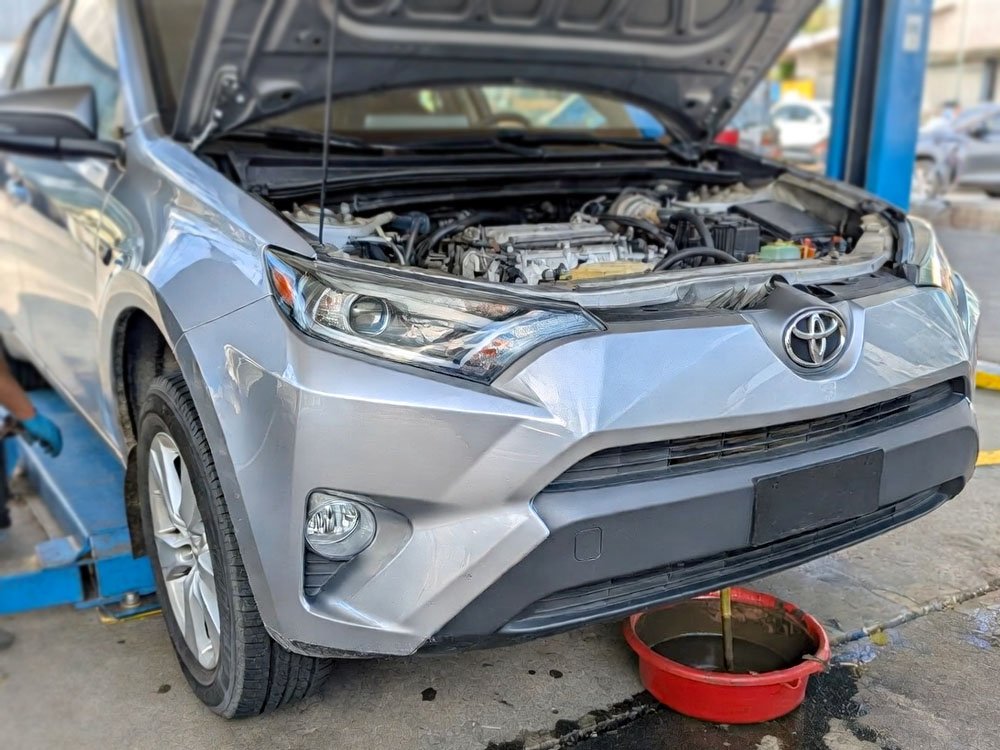As an Amazon Associate, I earn from qualifying purchases at no extra cost to you.
Can I Clean My Windshield with Windex? Expert Advice
When it comes to keeping your car clean and looking great, there's one area that often gets overlooked: the windshield. A clean windshield not only improves your car's appearance but also boosts visibility, making driving safer. But with so many cleaning products available, it can be tough to know which one is right for the job. One common question that many car owners ask is: Can I clean my windshield with Windex?
If you've ever had a bottle of Windex sitting around and wondered if it's safe to use on your car's windshield, you're not alone. In this article, we'll dive into whether Windex is a good choice for cleaning your windshield, the potential pros and cons, and how to do it properly.
Is Windex Safe to Use on Your Windshield?
What Is Windex Made Of?
To understand whether Windex is safe to use on your windshield, it's important to know what's in the bottle. Windex is a popular glass cleaner that's commonly used for windows, mirrors, and other glass surfaces around the house. It's primarily made of a mixture of water, ammonia, and detergents. These ingredients are known for cutting through grease and grime, leaving surfaces streak-free.
When it comes to your car's windshield, the question of safety comes into play. While Windex can certainly clean glass effectively, there are a few things to consider before using it on your windshield.
What Happens If You Use Windex on Your Windshield?
Windex can clean the glass on your windshield, but there are potential risks. Some drivers have reported that using Windex can leave streaks or smears, especially when the cleaner dries too quickly. This is often due to the ammonia content, which evaporates fast. The last thing you want is to drive with a streaky windshield, especially in bright sunlight or at night.
Another concern is the ammonia in Windex. While ammonia can be great for cutting through grime, it's not always the best choice for car surfaces. Ammonia can damage the rubber seals around your windshield over time, which could lead to leaks or other issues down the road. If you regularly use Windex, you might find yourself dealing with deteriorating seals that allow water to get in.
Windex and Your Windshield Wipers
One of the most important aspects of maintaining a clean windshield is the condition of your wiper blades. Windex's ammonia content can break down the rubber on wiper blades, causing them to wear out faster. This could result in ineffective cleaning when you use your wipers in the rain, leading to more streaks and less visibility. The last thing you want is to make your wiper blades wear out quicker because of a cleaning product.
So, while Windex may give you a temporarily clean windshield, it's not always the best long-term solution. If you're looking for something that won't harm your windshield or wiper blades, it may be better to opt for a cleaner specifically designed for cars.
The Pros and Cons of Using Windex on Your Windshield
The Pros: Quick and Easy Cleaning
One of the biggest advantages of using Windex is that it's easy to use and can quickly clean your windshield. The spray bottle allows you to apply the cleaner evenly, and with just a few wipes, you can remove dirt, bugs, and streaks. If you're in a hurry or need a quick touch-up, Windex can get the job done fast.
Additionally, Windex is widely available, and you probably already have a bottle sitting around your home. This means you don't have to buy a special cleaner just for your windshield.
The Cons: Potential Damage to Car Parts
While Windex may be convenient, there are a few downsides that could cause long-term problems for your car. As mentioned earlier, the ammonia in Windex can damage rubber seals and wiper blades. Over time, this could lead to costly repairs or replacements.
Plus, the ammonia in Windex can be harsh on the delicate coatings that some modern windshields come with, like anti-glare or rain-repellent coatings. Using Windex on these surfaces could cause the coatings to degrade, reducing their effectiveness.
Windex is also not formulated to tackle tough road grime or oil buildup, which are common on windshields. You may need to apply multiple layers of cleaner to get the results you want, which can be wasteful and time-consuming.
The Bottom Line on Windex
While Windex can certainly clean your windshield, it's not always the best choice. It may work well in a pinch, but for regular use, it could cause damage to your car's rubber seals, wiper blades, and even the windshield itself if it has special coatings. If you're concerned about the long-term health of your car, it's worth considering a windshield cleaner made specifically for automotive use.
Alternative Cleaning Products for Your Windshield
Specialized Windshield Cleaners
If you're looking for a cleaner that's gentle on your car while still providing a streak-free shine, specialized windshield cleaners are the way to go. These cleaners are designed specifically for automotive use, so they're formulated to work with the materials in your car, including the rubber seals and windshield coatings.
Some popular windshield cleaners are made with non-ammonia ingredients, which makes them gentler on both your windshield and wiper blades. These cleaners can also break down tough grease and road grime without leaving streaks or damaging the surface.
Homemade Cleaning Solutions
For those who prefer a more natural or budget-friendly option, homemade cleaning solutions can be a great alternative. One simple and effective recipe involves mixing equal parts vinegar and water in a spray bottle.
This solution can cut through grease and grime and is safe to use on most windshields. Another popular option is a mixture of dish soap and water, which can also provide a gentle yet effective clean for your windshield.
Homemade cleaners are great for those who want to avoid the harsh chemicals in commercial cleaners like Windex. Plus, they're super easy to make, and you likely already have the ingredients in your home.
The Benefits of Regular Windshield Maintenance
No matter what cleaning product you choose, regular windshield maintenance is essential. Keeping your windshield clean not only helps with visibility but also prevents the buildup of tough stains and grime. Regular cleaning can also help extend the life of your wiper blades and prevent damage to your windshield.
Here are a few tips for maintaining your windshield:
- Clean your windshield at least once a week, especially if you drive in areas with a lot of bugs, dust, or other debris.
- Use a microfiber cloth to wipe down the glass after cleaning to reduce the risk of streaks.
- Make sure to clean the area around the rubber seals to prevent dirt buildup, which could cause leaks.
I hope this article has helped clear up whether it's safe to clean your windshield with Windex. While it can work in a pinch, it's not the best long-term solution due to potential damage to your car's seals, wiper blades, and coatings. If you're looking for a safer alternative, consider using specialized windshield cleaners or homemade solutions. By maintaining your windshield regularly, you'll ensure that it stays clean, clear, and safe for the road.
Frequently Asked Questions (FAQs)
Is it safe to use Windex on my car's windshield?
While Windex can clean your windshield, it's not the best choice for regular use. The ammonia in Windex can damage the rubber seals around the windshield and wear out the wiper blades faster. It may also cause streaking or leave residue, which could impact visibility while driving.
Can I use Windex on tinted windows?
Using Windex on tinted windows is generally not recommended. The ammonia in Windex can break down the tint over time, causing it to peel or discolor. For tinted windows, it's better to use a cleaner that's ammonia-free and designed for automotive glass.
Do I need to worry about streaks when using Windex?
Yes, Windex can sometimes leave streaks on your windshield, especially if it dries too quickly. To avoid streaking, try using a microfiber cloth to wipe down the glass after cleaning, and ensure you're applying the cleaner evenly.
Can I clean my windshield with vinegar and water?
Yes, a mixture of vinegar and water can be a safe and effective way to clean your windshield. This homemade solution is gentle on the glass and won't damage the rubber seals or wiper blades. It's also a more eco-friendly option compared to chemical cleaners.
Is it better to use a specialized windshield cleaner?
Yes, using a cleaner designed specifically for windshields is often the best choice. These cleaners are formulated to be safe for your car's surfaces, and they're usually more effective at tackling road grime and other tough stains without causing damage.
Do I need to clean my windshield regularly?
Yes, it's a good idea to clean your windshield regularly to maintain visibility and prevent the buildup of grime and debris. Cleaning it at least once a week can help keep it clear and ensure your wiper blades stay in good condition.
Can I use dish soap to clean my windshield?
Dish soap mixed with water can be a safe and effective way to clean your windshield. It's gentle on the glass and can help remove grease and dirt. Just make sure to rinse thoroughly to avoid any soap residue that could cause streaking.
Is it safe to use Windex on my headlights?
While Windex is safe for cleaning glass, it's not recommended for headlights. Headlights are made of different materials, and the ammonia in Windex can damage the plastic lens. It's better to use a cleaner specifically made for headlights to avoid damaging them.











